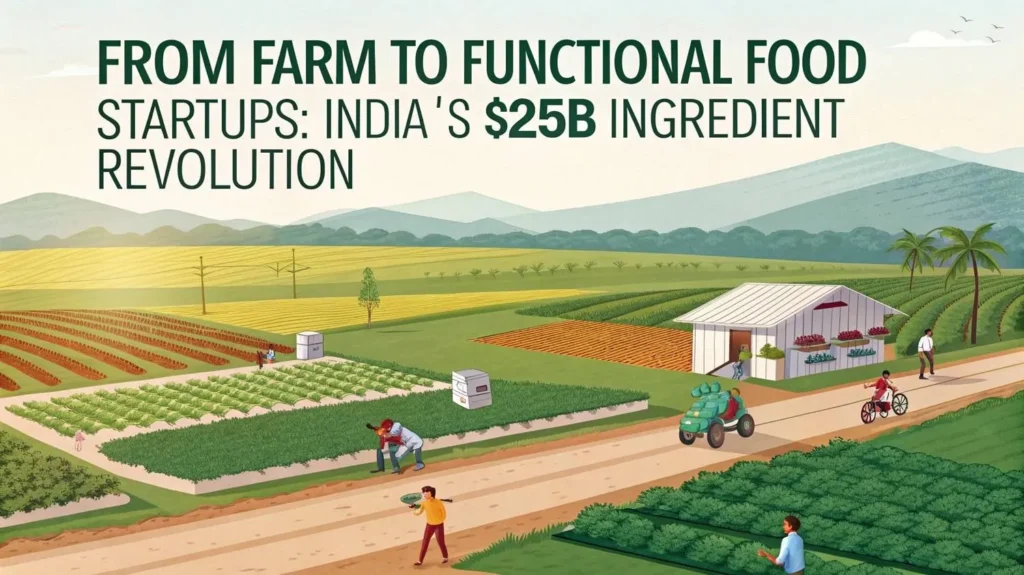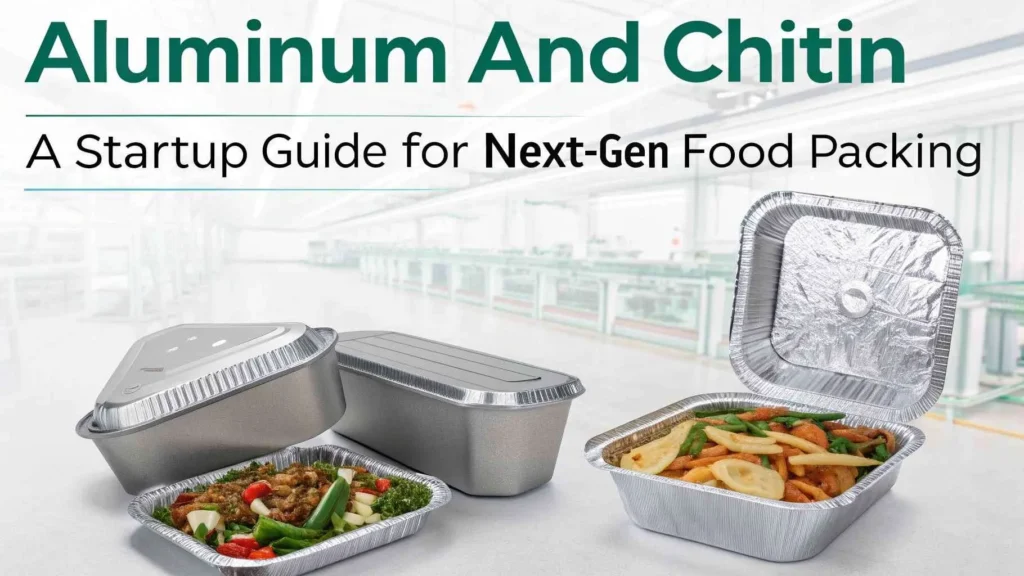The One District One Product (ODOP) initiative is transforming India’s grassroots economy by advancing a product from each district with the aim of driving economic development, generating employment opportunities, and fostering local entrepreneurship. Under the Pradhan Mantri Formalization of Micro Food Processing Enterprises (PMFME) Scheme by the Ministry of Food Processing Industries (MoFPI), ODOP serves to further India’s goal of self-sufficiency articulated by “Atmanirbhar Bharat.”
For many startups and entrepreneurs, ODOP functions as more than a scheme—it serves as a launchpad. It offers localized assistance, infrastructure opportunities, finances and economic incentives, and branding. This article delves into the entrepreneurial opportunities available within the ODOP framework and discusses future trends, government policies, and viable business models.
Why ODOP is Ideal for New Startups
- Concentrated Product Development: Each district has a specific product they specialize in which greatly simplifies brand association as well as supply chain sourcing.
- Government Backing: The PMFME scheme offers grants for training, as well as credit linked subsidies.
- Entrepreneurship Clusters: ODOP promotes collaborative entrepreneurial engagement within agro-processing to excel above entry barriers.
- International Markets: Many ODOP products have GI tags or are in high demand overseas, giving startups international growth opportunities.
Related: Why Now Is the Best Time to Launch a Food Startup in India
ODOP Coverage and Reach
According to the MoFPI Annual Report 2023–24, ODOP has:
-
- 713 districts
- 137 unique products identified
- 92,549 micro enterprises formalized under PMFME
- Over 1 lakh SHG members receiving support
- 713 districts
Examples of ODOP Products
- Mango – Malihabad, UP
- Turmeric – Erode, TN
- Walnut – Budgam, J&K
- Chilli – Guntur, AP
Market Trends and Growth Potential
India’s food processing sector is expected to grow from USD 407 billion in 2023 to USD 535 billion by 2027, at a CAGR of 6.5%. The growth of ODOP-linked spices, millets, fruits, and dairy products is expected to drive this growth.
Segmented Growth Forecast
| Sector | CAGR (2023–27) | Key Driver |
| Processed Fruits & Vegetables | 7.2% | Urban demand, ODOP clusters |
| Spices & Turmeric | 10%+ | Export demand, wellness trend |
| Frozen & RTE ODOP Foods | 12.5% | Convenience trend |
| Dairy & Millet-based Products | 9.1% | Health awareness, ODOP linkage |
Related: Building A Successful Integrated Business
MoFPI Statistics (2023–24)
Contribution to GDP
| Year | GVA – Food Processing (? Lakh Cr.) | Share of Manufacturing (%) |
| 2018-19 | 2.36 | 10.13% |
| 2022-23 | 1.92 | 7.66% |
Employment
-
- Registered Units: 20.68 lakh workers
- Unregistered Units: 51.11 lakh workers
- Women Workers (Informal): Over 12 lakh
- Registered Units: 20.68 lakh workers
Processed Food Exports
| Year | Value (US$ Billion) | Share in Agri Exports |
| 2022-23 | 13.08 | 25.6% |
| 2023-24 | 10.88 | 23.4% |
Government Schemes Fueling ODOP Startups
- PMFME Scheme – ?10,000 Cr allocation; 35% capital subsidy for individual entrepreneurs, self-help groups (SHGs), and farmer producer organizations (FPOs).
- PMKSY Scheme – Support for Mega Food Parks, Cold Chains, and Agro-processing clusters.
- PLI Scheme for Food Processing – ?10,900 Cr incentives to expand processing and global branding.
Startup Opportunities Linked to ODOP
- Regional Processing Units – Establishment of micro-units for ODOP products such as mango pulp, turmeric powder, or chili flakes.
- Cold Chain Logistics – Development of storage and transportation for perishables such as litchis and fish.
- Organic/GI-tagged Products – Creation of brands focused on export markets for ODOP items registered under geographical indications (GI).
- Millet-Based Startups – Use the International Year of Millets and ODOP initiatives to create snacks, flour, and millet-based cereals.
- E-commerce Aggregators – Set up marketplaces that exclusively sell products branded under ODOP.
For more information check our related videos on Food Processing
Challenges for Entrepreneurs
| Challenge | Mitigation Strategy |
| Lack Awareness of Schemes | Training under PMFME; NGO and SLTI-led outreach campaigns |
| FSSAI and GST Compliance | Center Subsidy for Incubation Facilities |
| Inadequate Infrastructure | Common use of facilities through Mega Food Parks or Self Help Groups |
While these challenges exist, with proper backing, there is an overall positive risk-to-reward balance for startups leveraging ODOP.
Role of NPCS in ODOP-linked Business Development
Niir Project Consultancy Services (NPCS) has a critical role to aid the ventures based on ODOP by providing:
ODOP-based market survey cum detailed techno-economic feasibility studies
Manufacturing processes and financials, raw materials, plant layout, and process documentation
Comprehensive ODOP guidance and new business or industrial set-up feasibility appraisals
NPCS supports food entrepreneurs to align their business models to the goals of ODOP ensuring they are scalable and profitable.
Conclusion: Your District, Your Brand
The ODOP initiative aims to foster an ecosystem where local entrepreneurs are empowered to establish global brands. With access to raw materials, government policies, training opportunities, and growing consumer interest, along with subsidized frameworks, increase the chances for startups to thrive.
Startups that align with ODOP gain access to local level assets and recognition in the entire country. With the support of NPCS and MoFPI, a small food idea today can become a flagship business tomorrow.
The time to act is now. And ODOP is the launchpad.




